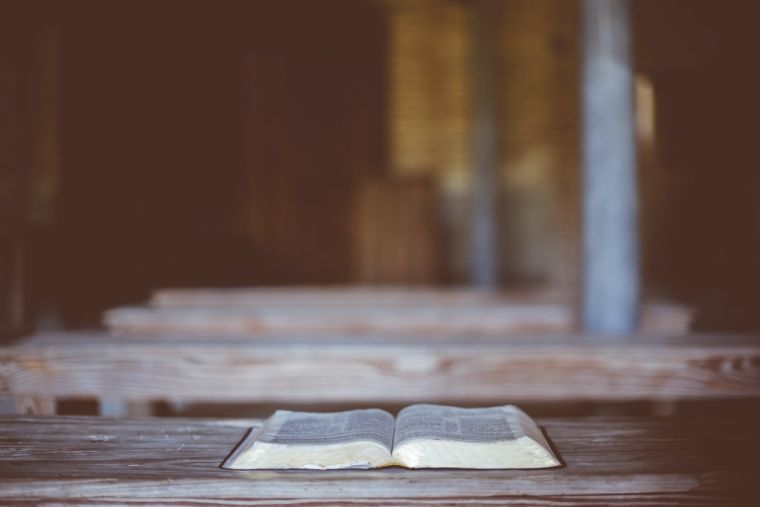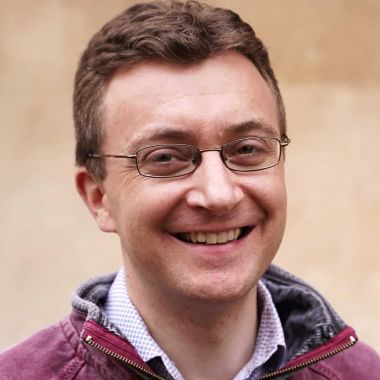A theology of disagreement

Former BBC religious affairs correspondent Christopher Landau delved into a theology of disagreement - the title and theme of his new book - on Tuesday night.
The launch was part of 'Living God's Future Now', the online festival of theology and practice from HeartEdge, an ecumenical movement for renewal within the Church.
Landau's book examines how the New Testament texts can inform Christian approaches to disagreement, and the role of the Holy Spirit.
"If we are called to love God and love our neighbour, even our Christian neighbour with whom we violently disagree with over x, y or z, what does that mean for the way that we handle our disputes?" he asked.
He continued, "I look in detail at the notion of speech ethics and particularly what the letter of James has to say about that. Also the way in which the New Testament time after time is consistently appealing to the quality of Christian speech in relation to mutual love and the pursuit of unity.
"The other key scriptural insight I suggest is the relevance of the fruits of the Spirit in Galatians 5 as a model of attractive qualities."

He added his belief, though, that the Holy Spirit is "often airbrushed out of the discipline of Christian ethics."
Landau was joined by a panel of theologians and lecturers who together spent the online session exploring the nature of disagreement and its practical implications for the Church.
Theologian Elaine Storkey expressed concern over the increasing prevalence of 'cancel culture'.
"Disagreement is rampant right now. In fact, disagreement is so etched into British culture and I think European culture and American culture, so deeply that we don't even bother to debate anymore, we just silence the opposition, especially in the whole area of identity politics," she said.
She continued, "I think the danger of not being up to it, not being up to the task of being the Church in the 21st century in the midst of identity politics and all the ramifications of that weighs heavily on us."
Joanna Collicutt, priest and lecturer in the psychology of religion at Rippon College shed light on how Landau's book presents peace as the "master virtue in Christianity".
"I think coming back to psychology, in understanding the other, it's good for us to dig down beneath the surface issue of disagreement on ethics to look at the deeper, core emotive psychological processes that may be at work," she said.
Theologian David Ford said it was necessary for the Church "to set our own house in order as Christians".
Landau's parting thought with the online audience was his belief that Christians are called to love each other in spite of disagreement.
"Think of the Christian within your church context whom you find most difficult. Then think what does it mean for that particular person to be my brother or sister in Christ," he said.











